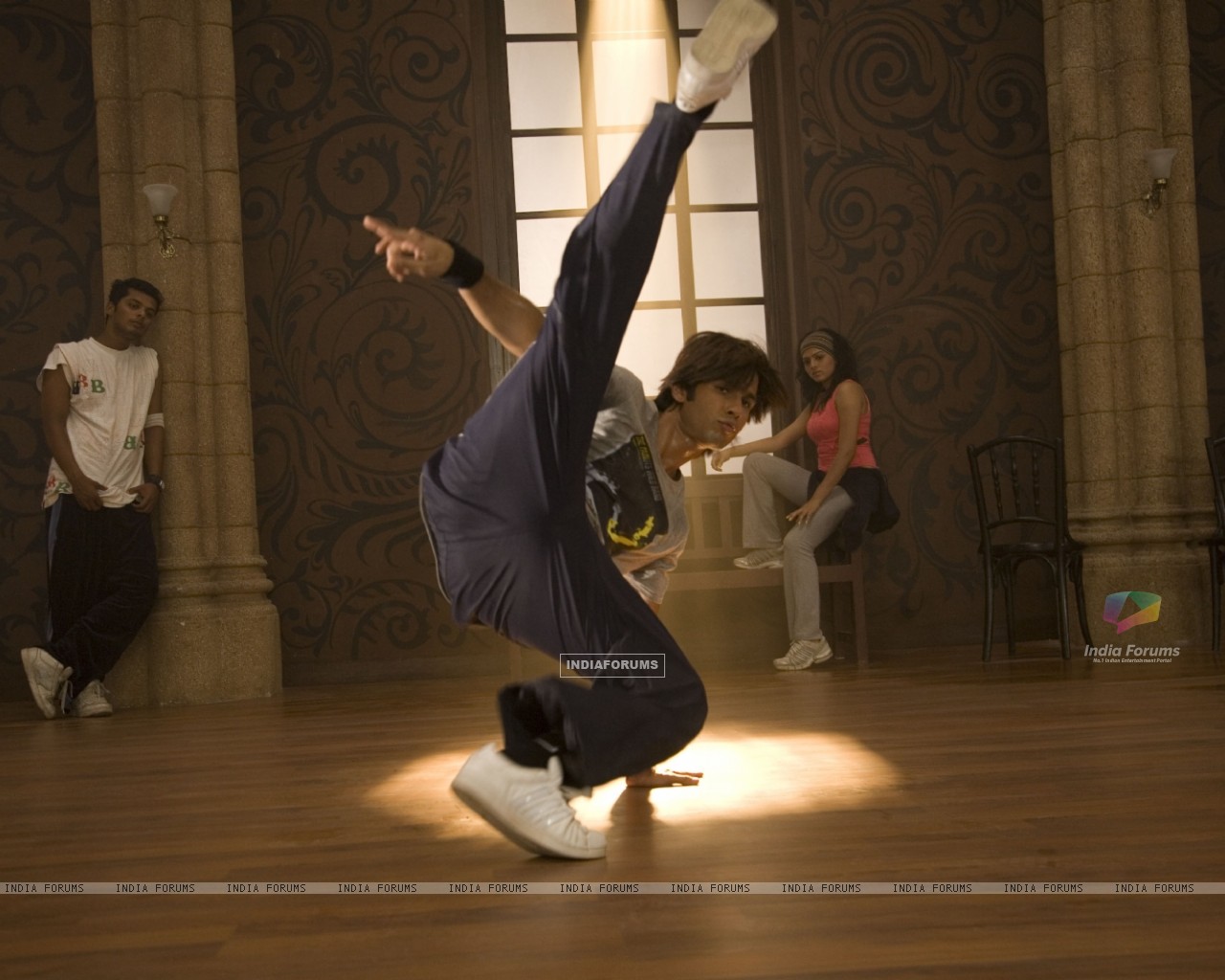I have always been interested in reading body language, ever
since I learnt that it counts for 70% of all communication, regardless of
whether we pick up the signals or not. One of the first non-fiction books I
bought was a body language book by Barbara and Allan Pease (They are experts in the field but their explanations tend to focus on
the evolutionary reasons that people act the way they do.) I devoured it and
since then, I’ve been obsessed.
Recently, I started watching a television show, ‘Lie to Me’
where the main character owns a company that specialises in reading body
language and picking out deception and they are often hired by the police or other
businesses where they suspect someone is not being completely honest. It’s
amazing how hard it is to be a great liar, and relatively easy to catch someone
when you know what to look for. Definitely not an easy skill to pick up (unless
you are a naturally intuitive person) but can be learnt. I don’t presume to be
an expert but over my last 7-8 years of obsession, I’ve become a bit of a
people reader. I don’t need to explain how this information can come in handy
but trust me when I say, it becomes second nature to pick up liars, spot a
person’s true motives, close business deals and sort out personal relationship
problems.
Easy Ways to See How a Person Processes Information with just his/her
EYE MOVEMENT
~ From the Observer’s
Perspective ~ This is really important especially for anyone who has studied anatomy, you get used to saying it from the other perspective, me included!
RIGHT
Up-right: visually remembered images
Straight-right: auditory remembered sounds or words
Down-right: auditory sounds or words (often what is
called an "inner dialogue")
LEFT
Up-left: visually constructing [new]
images
Straight-left: auditory constructed [new] sounds or words
Down-left: kinesthetic feelings (which can include
smell or taste)
There is one more type of movement, or rather, non-movement. You may ask someone a question and he will look straight ahead with no movement and with eyes glazed and unfocused. This means that he is visually accessing information.
How does this information translate into lie spotting?
On a general note, looking left when talking reveals a lie because they
are constructing a memory rather than remembering one.
Also, there’s a myth that people don’t maintain eye contact
when lying, by averting their gaze suddenly. Unfortunately, we have been raised
to think this is the case so we maintain stronger unblinking eye contact while
lying, to the point where it seems unnatural. It’s hard to differentiate this
from a person who just uses more eye contact than others but it’s important to
compare it to the individual’s baseline by asking them standard questions. “Hi,
how are you doing?” is an example; a person is usually programmed to answer
something along these lines, “Fine thanks, how about you?” So even if they are
lying, there is no tell because people have practised that over and over on a
daily basis.
Word of Caution:
This is probably reversed in left-handed people. And a good liar will be able
to control their eye movement, usually by practice. But no one is perfect so if
you’re good at spotting them, you could catch them with another movement that
gives them away.
I've got a few more things to say about this, the rest of the body and the voice, so will write them up at some point in the future, if you're keen, let me know!



